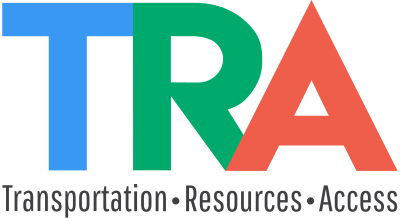In-home delivery services can be incredibly helpful for older adults and adults with disabilities who are aging in place. Here are some key services that can make daily life easier and more comfortable.
In-Home Delivery Services
Meal Delivery Services: Programs like Meals on Wheels provide nutritious meals delivered directly to your home. These services ensure you have access to balanced meals without the need to cook or shop.
Grocery Delivery: Many grocery stores and online services offer delivery options. You can order groceries online or by phone, and have them delivered to your doorstep. This is especially useful for those who have difficulty getting to the store.
Prescription Delivery: Pharmacies often provide delivery services for medications. This ensures you receive your prescriptions on time without needing to visit the pharmacy.
Medical Supplies Delivery: Companies can deliver medical supplies such as oxygen tanks, mobility aids, and other necessary equipment directly to your home. This service helps maintain your health and independence.
Household Essentials Delivery: Services like Amazon and local stores can deliver household items such as cleaning supplies, toiletries, and other essentials. This convenience helps keep your home well-stocked without the hassle of shopping.
Library Services: Some libraries offer delivery of books, audiobooks, and other materials to your home. This service is great for those who love to read but have difficulty visiting the library.
Pet Supplies Delivery: If you have pets, many pet stores offer delivery of food, medications, and other supplies. This ensures your pets are well taken care of without the need for frequent trips to the store.


